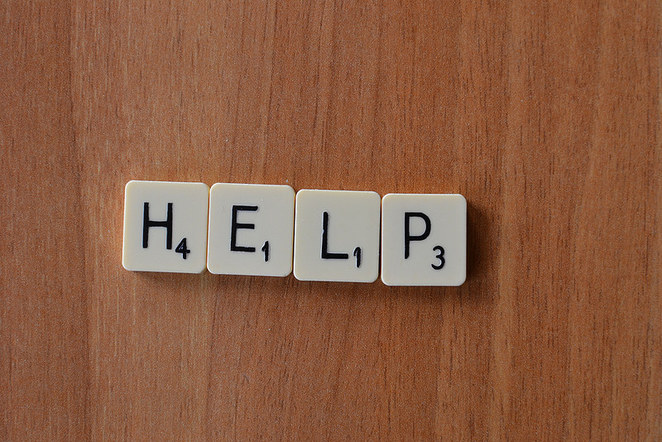Love is often the first thing associated with a happy and long lasting relationship. While this is not false, it's not the only thing that should be unconditional in any relationship. And it definitely is not what keeps a relationship in tact, otherwise we would not hear about relationships ending after decades of marriage. So what's the secret? It's a combination of love, trust, and commitment. But let the focus be on commitment in this post.
Commitment is an important piece in the framework of a happy and long lasting relationship. There's only one way to commit, and it's to have unconditional commitment. Commitment is a lot like trust, but different in its own way. We often don't feel commitment like we can feel love or trust. This makes sense because commitment to your partner or your relationship is an every day act. It's a choice you make to consider your partner wherever you go and believe the best about your partner wherever he/she goes. Another way to think of it is that commitment is your choice to be in a relationship for better or worse, etc.
Many times when you "feel" insecure it may be more linked to your doubt of your partner's commitment to you (their actions) rather than mistrust (your feeling). Consider situations when you have questioned your partner's fidelity or when you have experienced the equivalent of a second degree interrogation, without evidence of any wrongdoing. Although it may not be worth tearing up your relationship over, neither of these scenarios contribute anything positive. However, this scenario is very common as I often hear from couples that they trust each other, but they cannot shake insecure feelings when their partner is with friends or doing something without them. It can be very conflicting to "feel" you trust your partner, but also question their actions. This is why it's so important to understand that commitment is a choice. You must choose to take your partner with you where you go. Only then can you remove the notion that you are only committed so long as your partner is present with you (conditional). This perspective sets your partnership in place as united day after day for a long journey together.
Commitment is an important piece in the framework of a happy and long lasting relationship. There's only one way to commit, and it's to have unconditional commitment. Commitment is a lot like trust, but different in its own way. We often don't feel commitment like we can feel love or trust. This makes sense because commitment to your partner or your relationship is an every day act. It's a choice you make to consider your partner wherever you go and believe the best about your partner wherever he/she goes. Another way to think of it is that commitment is your choice to be in a relationship for better or worse, etc.
Many times when you "feel" insecure it may be more linked to your doubt of your partner's commitment to you (their actions) rather than mistrust (your feeling). Consider situations when you have questioned your partner's fidelity or when you have experienced the equivalent of a second degree interrogation, without evidence of any wrongdoing. Although it may not be worth tearing up your relationship over, neither of these scenarios contribute anything positive. However, this scenario is very common as I often hear from couples that they trust each other, but they cannot shake insecure feelings when their partner is with friends or doing something without them. It can be very conflicting to "feel" you trust your partner, but also question their actions. This is why it's so important to understand that commitment is a choice. You must choose to take your partner with you where you go. Only then can you remove the notion that you are only committed so long as your partner is present with you (conditional). This perspective sets your partnership in place as united day after day for a long journey together.



 RSS Feed
RSS Feed
